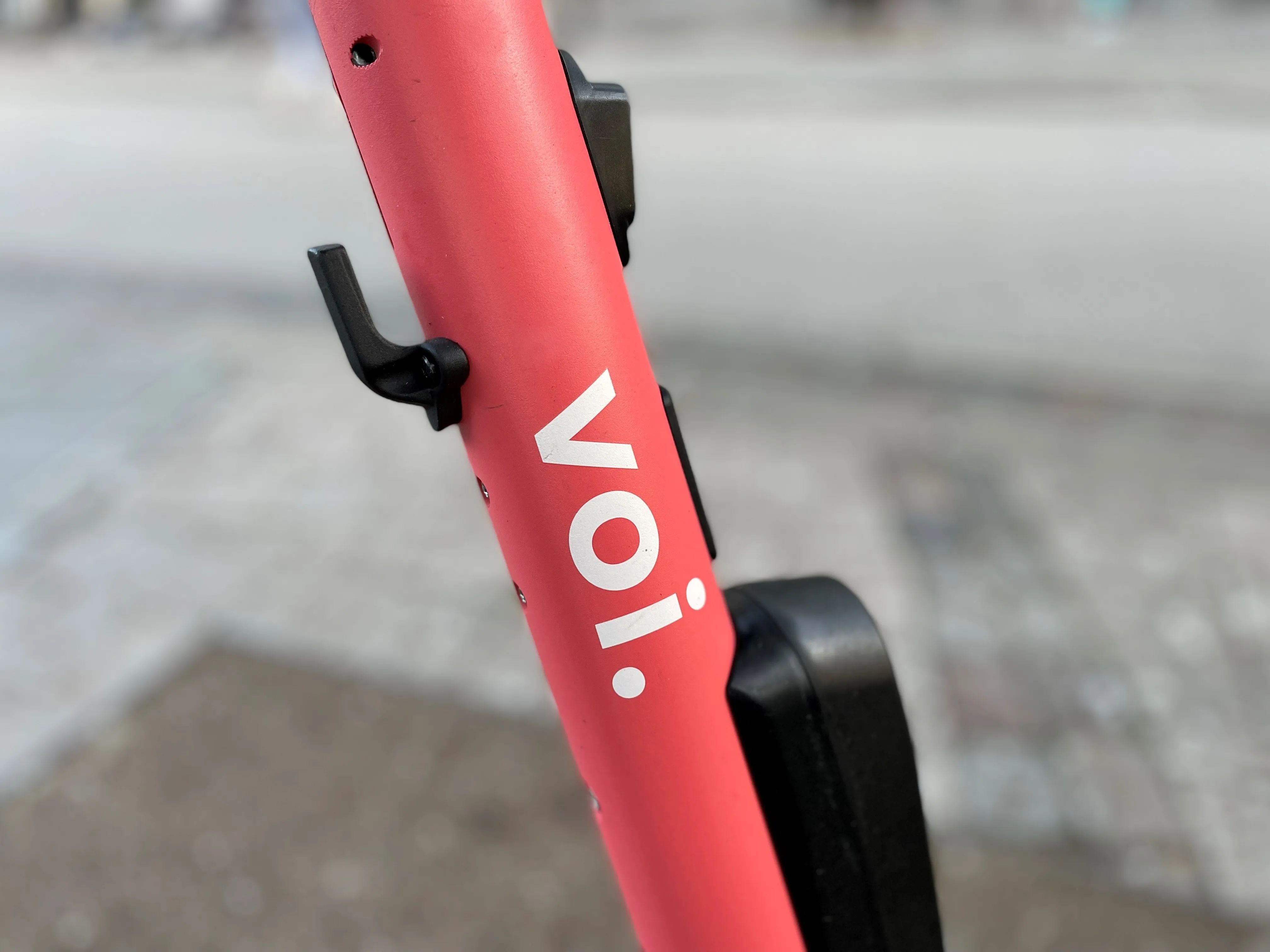The European Commission is taking action to modernise European mobility and transport, with the aim of helping the sector to remain competitive in a socially fair transition towards clean energy and digitalisation.
'Europe on the Move' is a wide-ranging set of initiatives that aims to make traffic safer; encourage fairer road charging; reduce CO2 emissions, air pollution and congestion; cut red-tape for businesses; fight illicit employment and ensure proper conditions and rest times for workers. The EU believes the long-term benefits of these measures will extend far beyond the transport sector by promoting jobs, growth and investment, strengthening social fairness, widening consumers' choices and firmly putting Europe on the path towards low emissions.
The Commission’s long-term strategy plans to deliver smart, socially fair and competitive mobility by 2025, using targeted legislation and supporting measures, including infrastructure investment, research and innovation.
It is accompanied by a first series of eight legislative initiatives specifically targeting road transport, which directly employs five million Europeans, while contributing to almost a fifth of the EU's greenhouse gas emissions. The proposals are aimed at improving the functioning of the road haulage market and helping to improve workers' social and employment conditions by stepping up enforcement, fighting illicit employment practices, cutting the administrative burden for companies and bringing more clarity to existing rules.
The Commission is also promoting seamless mobility solutions so that citizens and businesses can travel more easily across Europe by increasing interoperability between tolling systems to enable road users to drive unhindered throughout the EU. Common specifications for public transport data will also allow passengers to better plan their journey and follow the best route even if it crosses a border.
This first batch of 8 proposals will be complemented over the next 12 months by other proposals, including on post-2020 emissions standards for cars and vans as well as the first-ever emission standards for heavy-duty vehicles, which follows today's proposal on monitoring and reporting of CO2 emissions and fuel consumption from heavy-duty vehicles. These proposals will further drive innovation; improve competitiveness, reduce CO2 emissions, improve air quality and public health and increase the safety of transport.
European Commission takes action for clean, competitive and connected mobility
The European Commission is taking action to modernise European mobility and transport, with the aim of helping the sector to remain competitive in a socially fair transition towards clean energy and digitalisation.
June 1, 2017
Read time: 2 mins
Related Content










